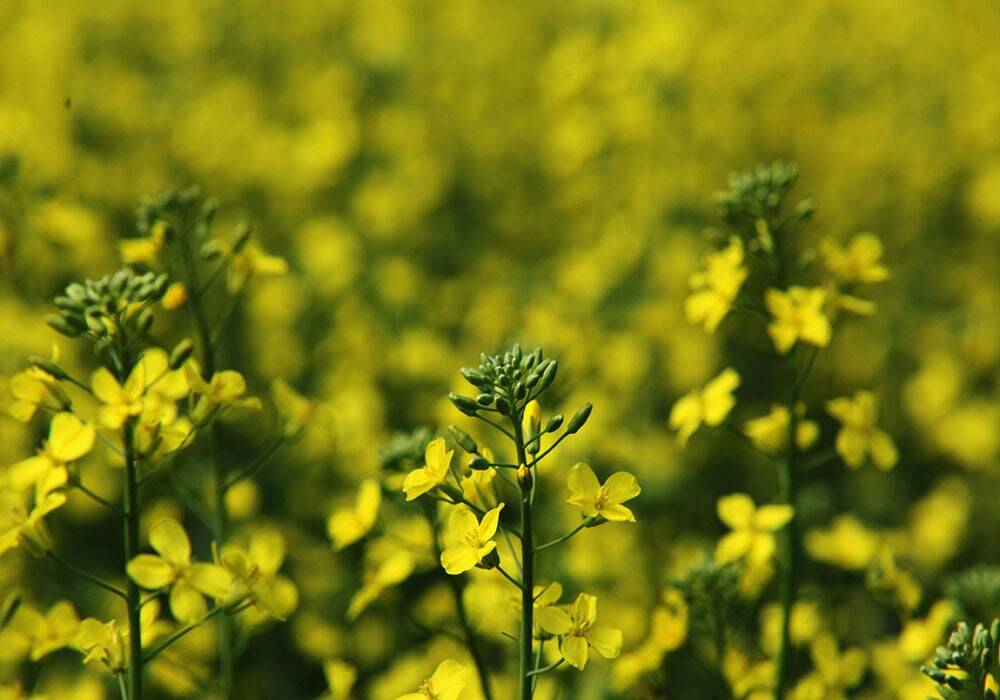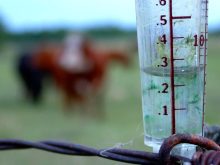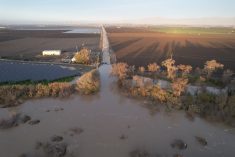While flooding substantially decreases soybean yields, it needn’t impact seed composition, including protein and oil content, a recent University of Arkansas study found.
The two-year study looked at 31 different soybean varieties, including some bred to be flood tolerant or moderately flood tolerant, and more susceptible varieties. Researchers examined the effects of four days of partial submergence on soybeans in the R1 or early flowering stage.
“Flooding research has focused on the early reproductive stage simply because it is when the stress is most pronounced and causes the greatest yield loss,” said researcher Caio Vieira in a Feb. 3 news release.
Read Also

Canola industry pumped about 45Z clean fuel ruling in U.S.
Canada’s canola sector is pleased with the new 45Z guidance published by U.S. Treasury.
The most flood-tolerant varieties lost about 33 per cent of yield after being flooded, while the most susceptible plants lost just over half of their yield potential. However, no significant impacts on seed protein or oil content were observed across the different varieties.
Viera said temperature changes in the U.S. have allowed earlier soybean planting, while shifting rain patterns have put additional stress on soy plants.
“We’re pretty much getting the potential for flooding throughout the season. It’s been tougher,” he said.
Arkansas farmers typically plant soy from early April to mid-Mary, putting the R1 stage in late June or early July.
“It can be hit or miss,” Vieira said. “You can get a year where that period is a full-on drought, or you can get a year where that typical R1 period is completely wet with intensive rains. It’s hard, hard to predict.”
Arkansas can also see the remnants of hurricanes roll through. This happened twice in September, the news release noted.
Vieira said the study will help his team identify and incorporate flood-tolerant characteristics into future soybean genetics.
















